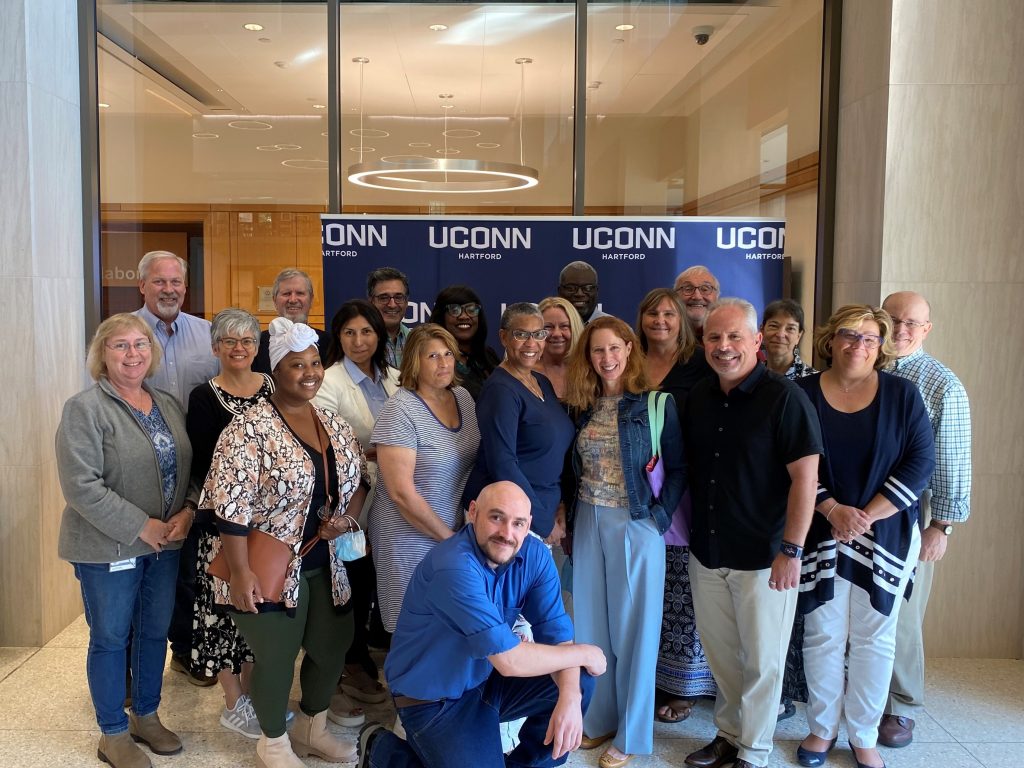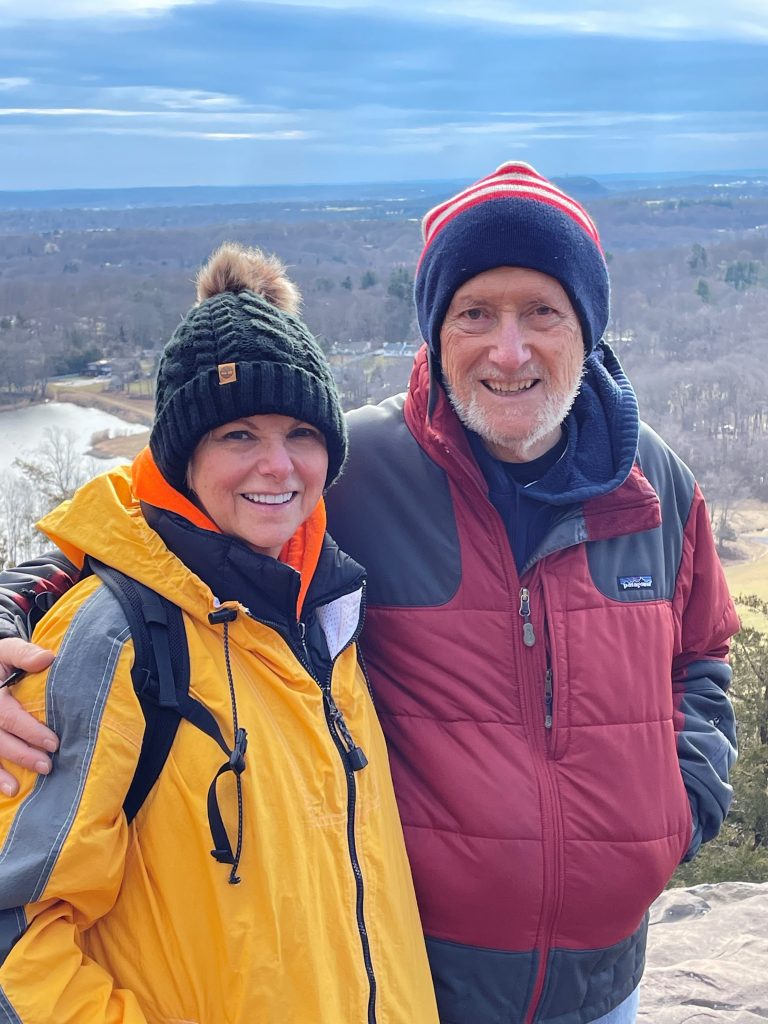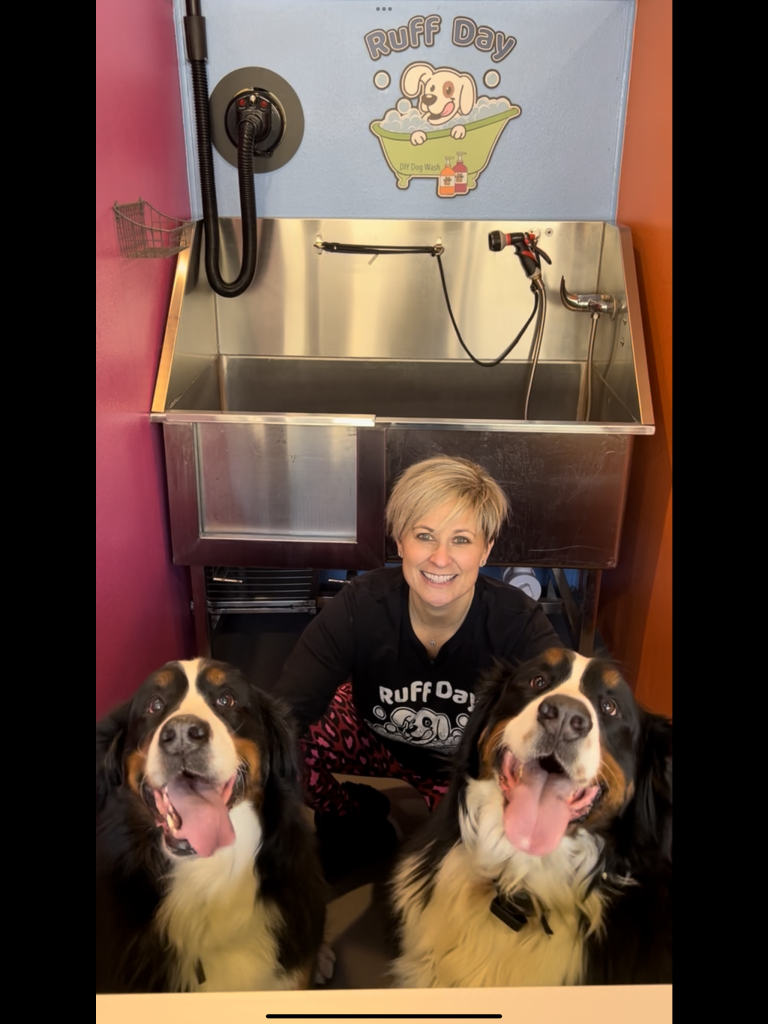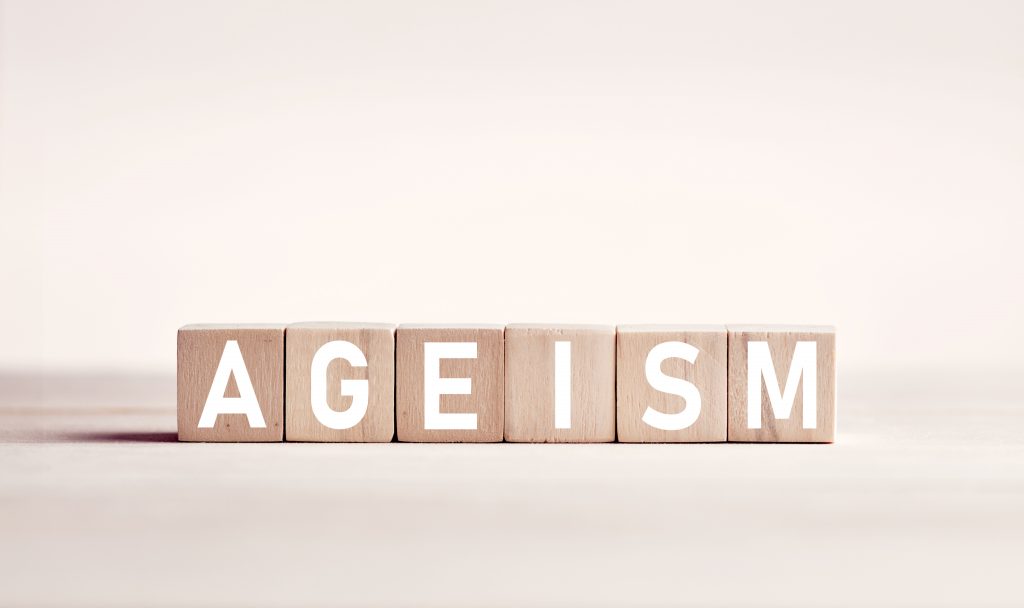By Jane Latus
It’s almost as if no one’s supposed to get old anymore. How is it even possible, what with all that hydrating, exercising, crossword-puzzling, antioxidant-eating and sunscreening?
“Nobody wants to get older, really,” said Jennifer Bennett, senior center coordinator for the Town of Avon. No wonder. Because when you grow old, you also become less capable, forgetful, crotchety, rigid, slow to learn, technically illiterate, fragile, out of touch and expensive. But stereotypes are, by definition, inaccurate. According to experts on aging, older folks are actually strong, resilient, fun, quick to learn, experienced, skilled, good in a crisis, mature, reliable, productive and loyal.
“I’ve seen older people run circles around younger people. You can’t make assumptions,” said Bennett.
Unfortunately, these stereotypes are so ingrained in our subconscious that most of us buy into them. “It’s the only thing we all have in common,” AARP Connecticut State Director Nora Duncan pointed out the irony about aging.
“Older adults are equally ageist as any other group. They have internalized it. Ageism is insidious and manifests itself everywhere,” said clinical psychologist Regina Koepp, Psy.D., ABPP, director of the Center for Mental Health & Aging in Burlington, Vt. Furthermore, she added, of all the “-isms,” it’s the only one that’s socially accepted.

Studies link ageism to cardiovascular illness and Alzheimer’s disease, which can become a self-fulfilling prophecy.
“A lot of them are afraid of losing their jobs,” Bennett said about the stress she sees in the seniors she knows. “They’re afraid they’ll make one mistake, and it will be an excuse to let them go. You can pay someone younger less.”
A workforce to be reckoned with
AARP reports that 61% of workers 50 and up have experienced or witnessed age discrimination at work. Bush School of Government and Public Service economist Joanna Lahey conducted studies that found younger workers were 40% more likely than older workers to be called back for an interview for entry-level jobs. Being fired, or not hired, aren’t the only problems; there is also underemployment in the form of too few hours or too low a salary.
Ageism can be annoying, like being invisible to clerks in a tech store, or dangerous. Doctors might misattribute pain to “just” aging and miss an illness, said Koepp. Health providers may be underinformed, incorrectly assuming that all old people have depression, she added.
America is aging. The U.S. Census Bureau predicts that by 2030, 25% of the population will be older than 65. The U.S. Bureau of Labor Statistics estimates that people over 55 will fill 73% of jobs added by 2029. Currently, people over 50 comprise 37% of the workforce. Connecticut is the seventh oldest state with 23% of its population 60 or older.
“In a decade, this country is going to have more people who are over 65 than under 18. The economy is not going to function if older people aren’t working,” said Duncan.
“We talk about diversity, equity and inclusion more than ever, but most people aren’t including age in that,” Duncan said of employers. As they say about approaching trains: get on or get run over.
Duncan added that older workers are about evenly stuck in one of two situations: they want to retire but can’t afford to, or they want to keep working but fear being pushed out.
An AARP report found that, “In 2018, the 50-plus population accounted for 39 percent of Connecticut’s population, yet contributed to 44 percent of the state’s total GDP.”
In addition, Connecticut’s 50-plus residents contributed $9 billion that year in unpaid contributions like volunteering and caregiving.

Discrimination in many disguises
Ageism takes three forms, according to the Columbia Mailman School of Public Health: hostile (overt financial, verbal or physical abuse), neglectful (the result of trivializing older adults’ value) and benevolent (well-intentioned but infantilizing).
As an example of the hostile form, Stacy Stableford of Trumbull, Conn., chose to switch careers at 62. The headhunter who called after seeing her bio on LinkedIn gushed about how perfect she was for the job, but he had one more question: when did she graduate? She told him that’s an illegal question, but he pressed on, insisting (correctly at the time) that it was legal. She answered, and he abruptly hung up. “I was so stunned, because we’d been having such a productive discussion. It was clearly ageism,” said Stableford.
“The employer had a large meeting and said, ‘Our customer base is getting younger, so we want to get younger as well’…just before firing a 50-something employee,” attorney Andrew Golden of Farmington told of one “slam-dunk” case.
Westport psychologist Christian Miner, Ph.D., has a patient who’s a 64-year-old senior executive at a multinational corporation. “He just had the most successful year of his 30-plus-year career. He’s now worried that when he turns 65, they’re going to make him an offer he can’t refuse. He assures me it’s often true that people are forced out at 65.”
Discrimination can be subtle, like being passed over for promotion or—as career and communications coach Valerie Gordon of Avon put it—“no longer being the person everyone looks to for answers.”
It’s generally acknowledged that discrimination starts earlier for women than men. Its effects are compounded for people with multiple minority identities, but those folks are tough from a lifetime of repeatedly overcoming. “Black and LGBTQ+ older adults are highly resilient,” said Koepp.

Start a business? Recareer? Sue?
Scott Kemp of Ridgefield moved to the nonprofit world after 25 years with a top job at Pepsi. He found himself testifying against a beverage tax that would fund citywide preschool in Philadelphia. “I felt this hole in my stomach,” he said. He also felt a layoff was coming because of his age.
Kemp enrolled in Encore!Connecticut, a UConn program that Director David Garvey said attracts people who want to do more toward social good and move into nonprofit management. The four-month program includes Saturday courses followed by a fellowship. The best thing about it, Kemp said, was that the director at his fellowship restored his confidence. “He said, ‘You’re C-suite material in nonprofits, no doubt about it.’” Kemp is now in a position he loves as chief operating officer for Connecticut Foodshare.
Jane Berson of Avon was volunteer CEO of her family before starting her own business, Ruff Day Dog Wash in Canton, Conn. With her kids almost grown, she capitalized on the pandemic surge in pet adoption. She says it took courage but she’s happy she took the leap. “I have a purpose. If I hadn’t done this, I would have felt lost.”
Many need to hang on as long as possible in an unhappy job. But psychologist Miner warned that changing ageist attitudes is unlikely, so, if possible, it’s best to find a place where you’re valued.
Even when they prove discrimination, attorney Golden said, most people move on. “More often than not, the relationship is so damaged at that point that both sides prefer a settlement.”

Help is available to make a change
Plenty of free or low-cost help is available. AARP, Indeed and LinkedIn offer advice and courses ranging from writing to technology. Little things can make a big impression, like updating from Hotmail or AOL to Gmail.
AARP offers community college scholarships for those recareering to a manufacturing job. “It’s an almost-guarantee you’ll be hired,” said Duncan. AARP also awards scholarships to Encore!Connecticut.
Community college tuition is available for first-time college students through PACT (Pledge to Advance Connecticut).
“We connect people over 50 who are looking for work with businesses or nonprofits, but also with households,” said Bernie Weiss, who is president of the Seniors Job Bank, which serves the Greater Hartford area.
Clem Sayers volunteers at the Job Bank. Most people want part-time professional work, he said, adding, “Employers want them! They have experience and a work ethic.”
Speaking of defying stereotypes, one 80-something woman’s resume included flying a jet in the U.S. Power Squadrons. Another earned her law degree the same year her son did.
Career coach Gordon said it is key that job seekers begin by understanding what values they can bring to an employer. She describes her job as, “helping people tell their stories to land their jobs.”
Most of Gordon’s clients were either laid off or want to, “get off the hamster wheel for someone else,” she said. People reach an age where they choose to focus on what matters to them. “It’s a terrific opportunity for people to rediscover themselves.”
Don’t buy into it
“The first step is to be aware when it’s happening,” psychologist Koepp said about avoiding internalizing ageism. If you catch yourself saying you had ‘a senior moment,’ remind yourself to knock it off. Also, put the blame where it’s due rather than attributing everything to aging. For example, she said, “Rigidity is a personality trait, not an aging characteristic.”
She advised focusing on the positives of aging, like resilience and wisdom.
And just because they’re familiar, don’t dismiss the usual advice to eat well, learn something new and stay active. The National Council on Aging offers another interesting tip: meditate, because it’s good for the brain and body. And do remember the sunscreen.







More Stories
Over 50, Underestimated: The Grandfluencers Redefining Age on Social Media
Building Resilient Businesses: Strategies for Success
Summer Means Convertibles